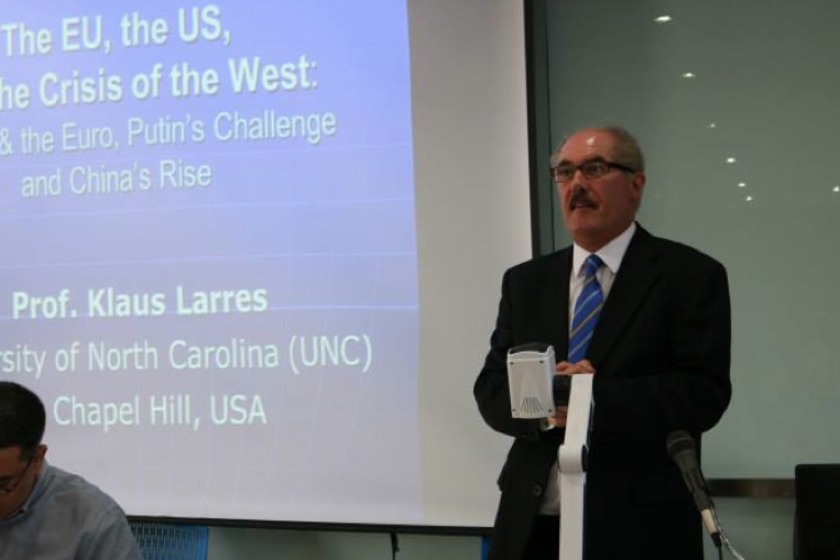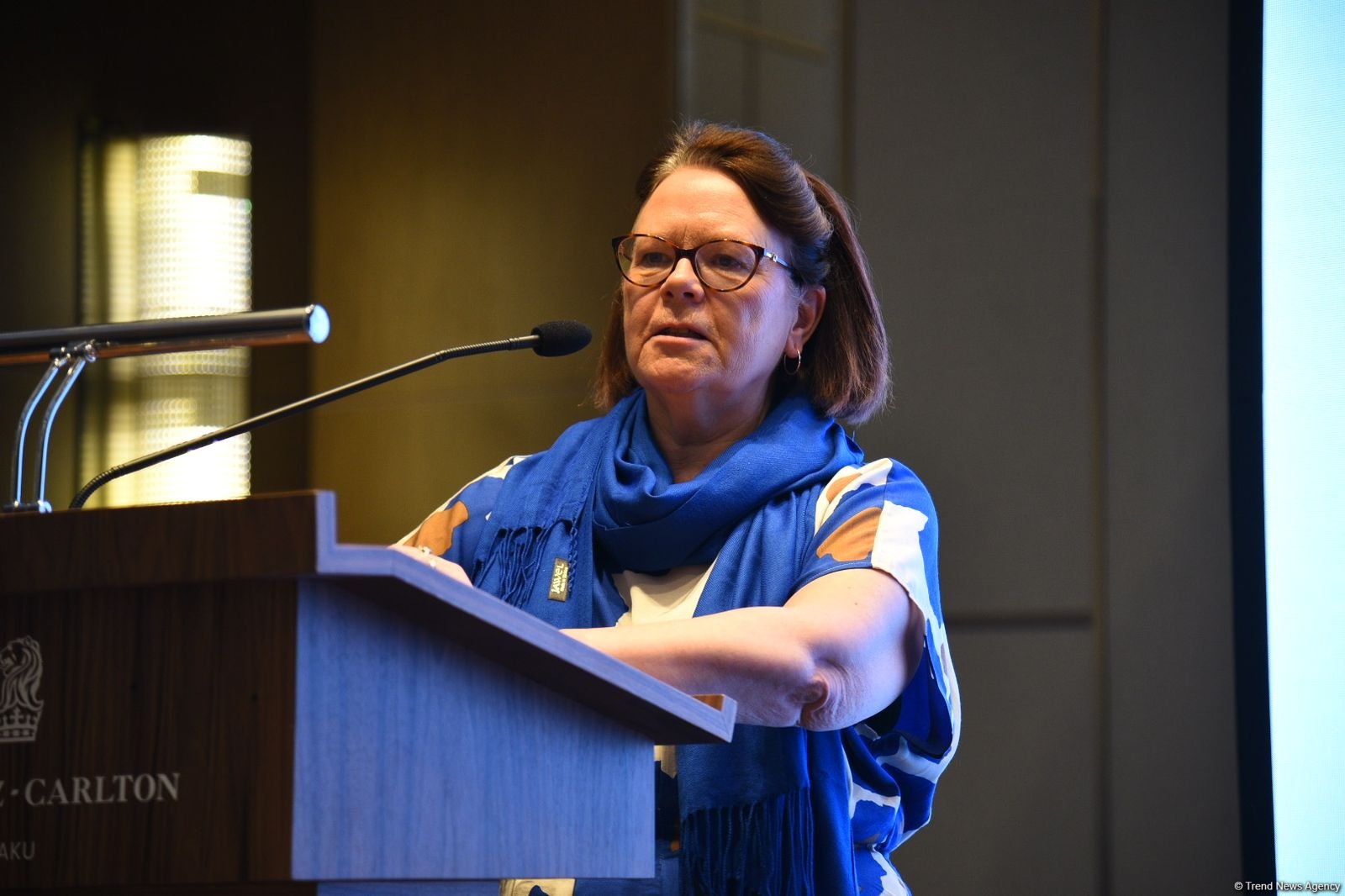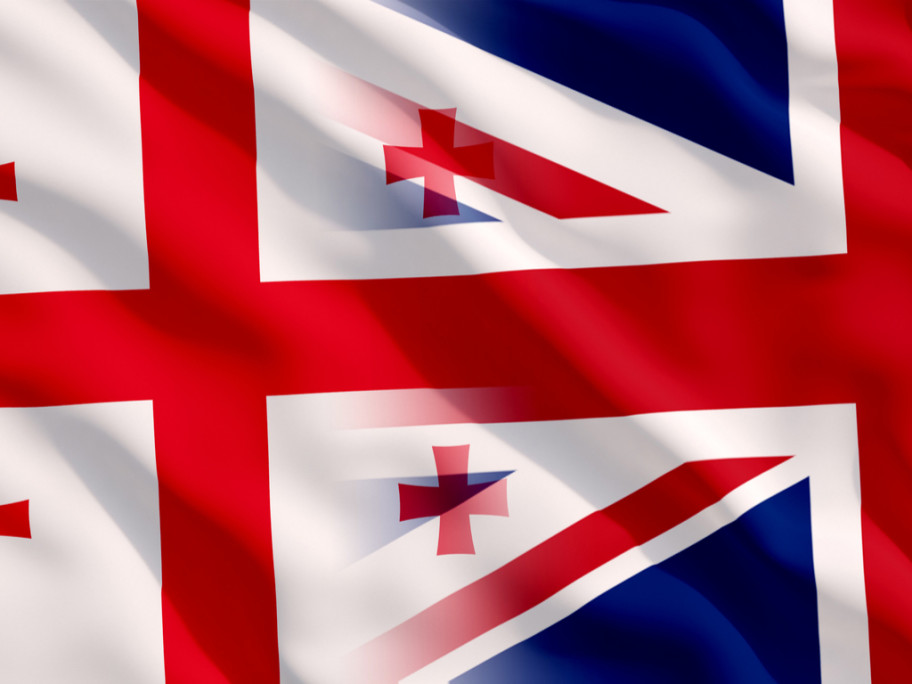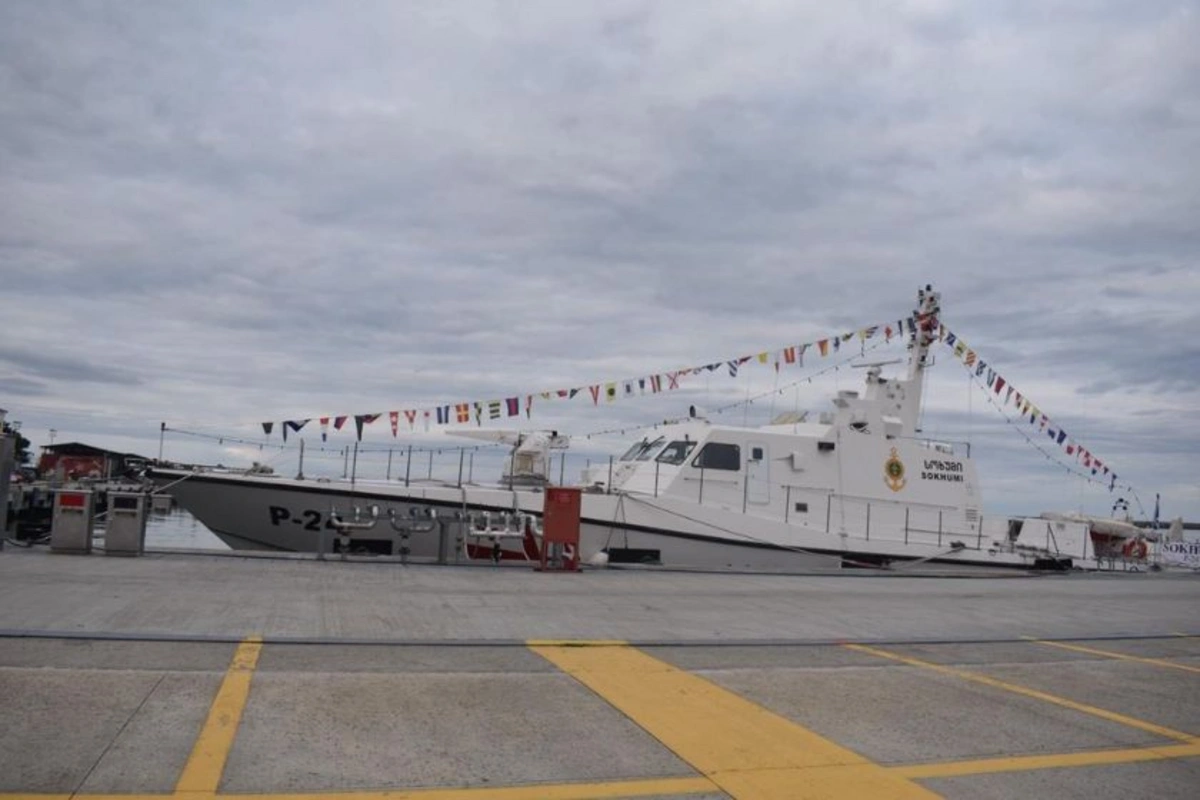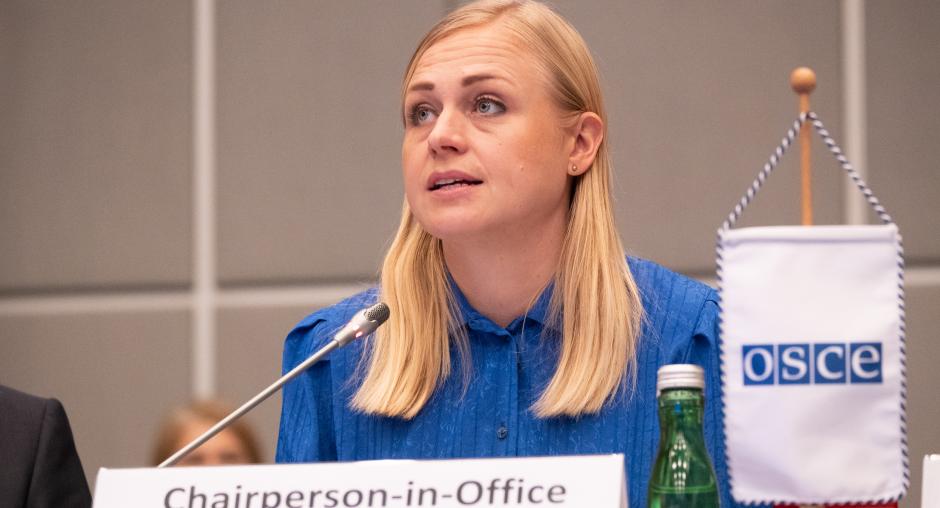The US is planning to transfer Mi-17 military helicopters to Ukraine. Earlier, Ukraine received 90 tons of lethal weapons from the US. The Baltic States sent US-made anti-tank and anti-aircraft missiles to Ukraine. The United States and NATO partners will conduct a 12-day maritime exercise in the Mediterranean Sea, beginning Monday, US Department of Defense spokesperson John Kirby said on Friday.
The maritime exercise, called "Neptune Strike '22," will run through February 4 and is meant to demonstrate and test NATO's maritime capabilities, according to Kirby. Russia is also set to hold maneuvers at the same time. The announcement came just hours after US Secretary of State Antony Blinken held talks with his Russian counterpart, Sergei Lavrov, in a bid to de-escalate tensions surrounding fears that Moscow might be preparing to invade Ukraine.
Klaus Larres, professor at the University of North Carolina, spoke to Europe Time about what to expect from the discussions between the US, its allies, and Russia, whether they have a chance, and what purpose they serve.
ET: How do you evaluate the dialogue between the US, its allies, and Russia?
It is a very crucial time and I think we should not be discussing just relations between the United States and Russia, like during the cold war, but Europe should also have a role. The European Union should be a number three partner in these talks. Of course, when we talk about Ukraine, you really need to involve the Ukrainians themselves. If Georgia were on the agenda, it should be a part of the discussion too. But certainly, the EU should be a part of them.
ET: What perspectives do you see from these talks?
We don't know whether Putin ever expected something to come out of these talks, but refusing to engage in talks would look bad to the international community and the Russian public. The same applies to the U.S. and their public. Neither Putin nor Biden could not engage in discussions. Of course, the West should try to talk to Putin and Russia, but whether it is productive in the end is difficult to say. Last week was not productive; both sides have certain viewpoints, and they didn't move at all on them.
ET: If the talk was a non-starter from the beginning, where should we look for its purpose?
In the eyes of both international and domestic public opinion, I believe the US had no choice but to engage in negotiations with the Russians. I think the same applies to Putin. He probably needs an excuse if he really wishes to invade Ukraine. Then he can turn around and say "See, I tried to talk to them, I tried to have negotiations but this dialogue was in vain, they did not wish to make any concessions." This would be his justification for claiming to have done his best to make an invasion unnecessary. As the talks were unproductive, despite his allegedly best attempts, he will claim that he had no choice but to embark on some sort of new invasion of Ukraine.
ET: Do you see the risk of war?
Yes, I think there is a real risk of war, unfortunately. It will be difficult for Putin to say, after his tough rhetoric and his many demands that have not been fulfilled, "I massed over 100.000 troops at the border of Ukraine, I deployed 1500 tanks and much ammunition and other heavy weapons, at a great cost to the Russian economy, and now I just withdraw them again without having realized any of my demands." To the Russian public, this would appear to be a disaster. This would not look like Putin as a strong man and a powerful man. That would look like Putin as a weakling, and we know Putin hates looking weak. So he has to do something, and if the talks remain stalled, the only option he has is either a full invasion or a hybrid invasion, cyber warfare that has already started, or maybe some partial occupation of Ukraine. But it is unlikely that he will just withdraw and say, "I just wanted to talk and now I am going back home without having achieved any concrete results." This is unlikely.
ET: What does this signal for Georgia?
I think other countries, like Georgia, Belarus, Kazakhstan, and other neighboring states, will view Putin’s actions very carefully. And Putin knows that. He wants to put his foot down and claim that there is a Russian sphere of influence and that he is not flexible about it.
He wishes to reestablish Russia as a powerful geopolitical player; he wishes to increase and maintain Moscow’s global influence. What is happening in Ukraine is clearly intimidating other countries in the Russian neighborhood, including Georgia. They will be even less inclined than they are already to pick a fight with Putin.
I believe the Georgian government tries to steer a very carefully calibrated course toward Russia. It does not want to be too friendly, but it does not wish to be too unfriendly toward Moscow either, despite Georgia’s serious territorial conflicts with Russia.
And that is probably the lesson for many countries to learn: „you have to make peace with Russia to some extent and you need to find some sort of friendly accommodation with Moscow or you will have serious problems“, - And this is the lesson Putin wants to convey.
This is certainly the lesson Putin wishes other countries to learn and then stick to – „There is a Russian sphere of influence – essentially the territory of the former Soviet Union - and all the countries in it have to consult closely with Moscow and in the last resort have to accept Russia’s wishes“. Whether or not Putin succeeds with this kind of illusionary ‘grand power’ scheme depends a lot on the developments at the Russian/Ukraine border and how the US and the EU countries are dealing with the crisis and whether or not they are standing up to Putin’s aggressive behavior.


